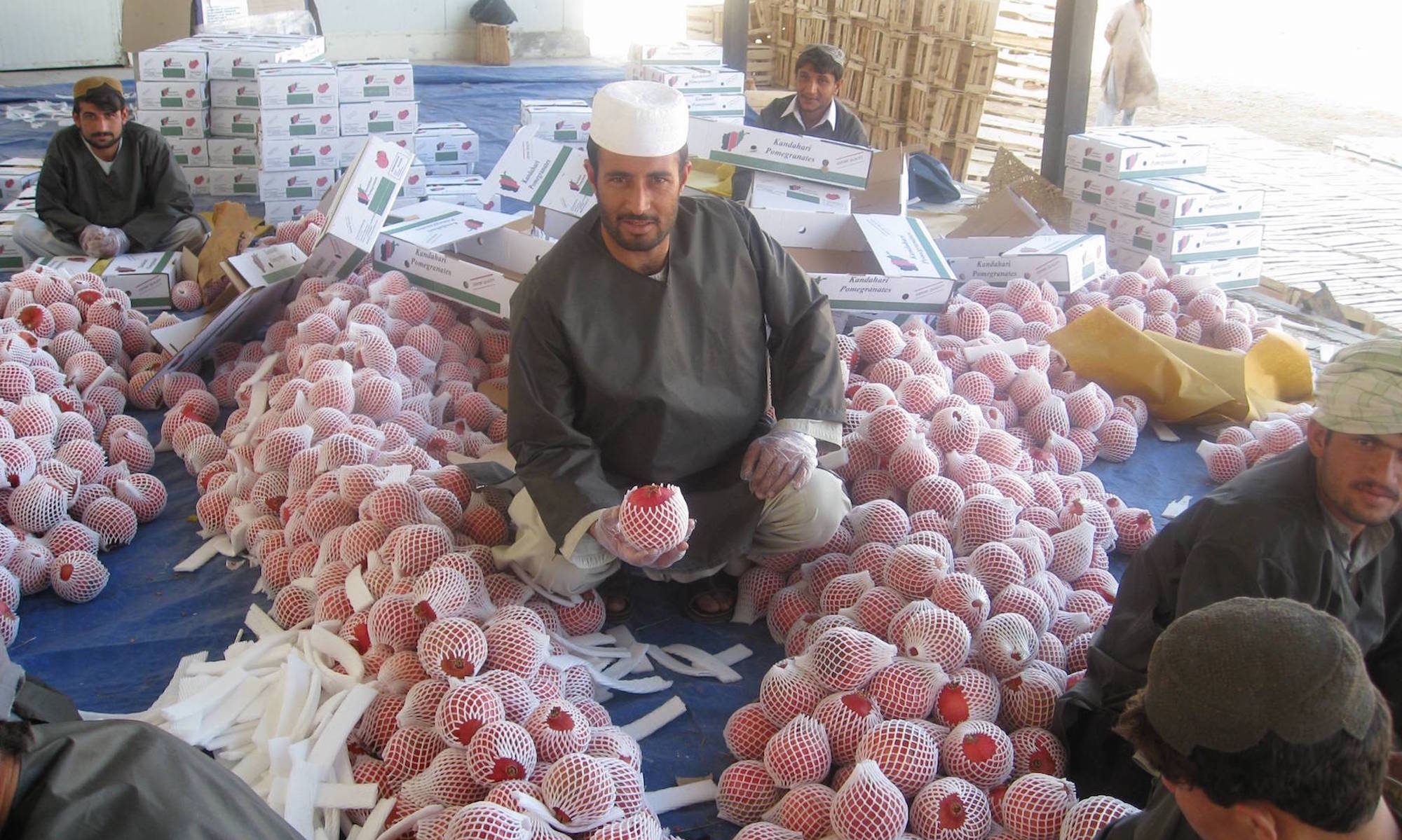In the first decade of the new millennium, with the adoption at the UN of the ‘responsibility to protect’ as the organizing concept for intervention, non-governmental organizations (NGOs) emerge as increasingly important partners in international peacekeeping operations. Postmodernist analysts of liberal international security have critically addressed the growing role of international interventionism as well as NGOs. The literature, however, has overstated the effectiveness of liberal biopolitical rationalities in successfully inscribing all political actors, to include NGOs, into their script. Based upon the exploration of discourses of UN reform and integrated peacekeeping, this article argues that, while in the post-Cold-War world international security is reconceptualized in biopolitical terms and calculating rationalities are deployed, the implementation of the biopolitical liberal script is ridden with ambiguities, indecisions and stumbling blocks. International liberal mechanisms for governing disorder produce not only effects of domination and control but also spaces for political appropriation and contestation by NGOs and civil society.

INSCT Postconflict Research Database
The Institute for National Security and Counterterrorism's Postconflict Research Database & Analysis Project stores cross-indexed bibliographic information on hundreds of journal articles, books, book chapters, and case reports that address the broad, interdisciplinary fields of postconflict reconstruction, stabilization, and peacebuilding.